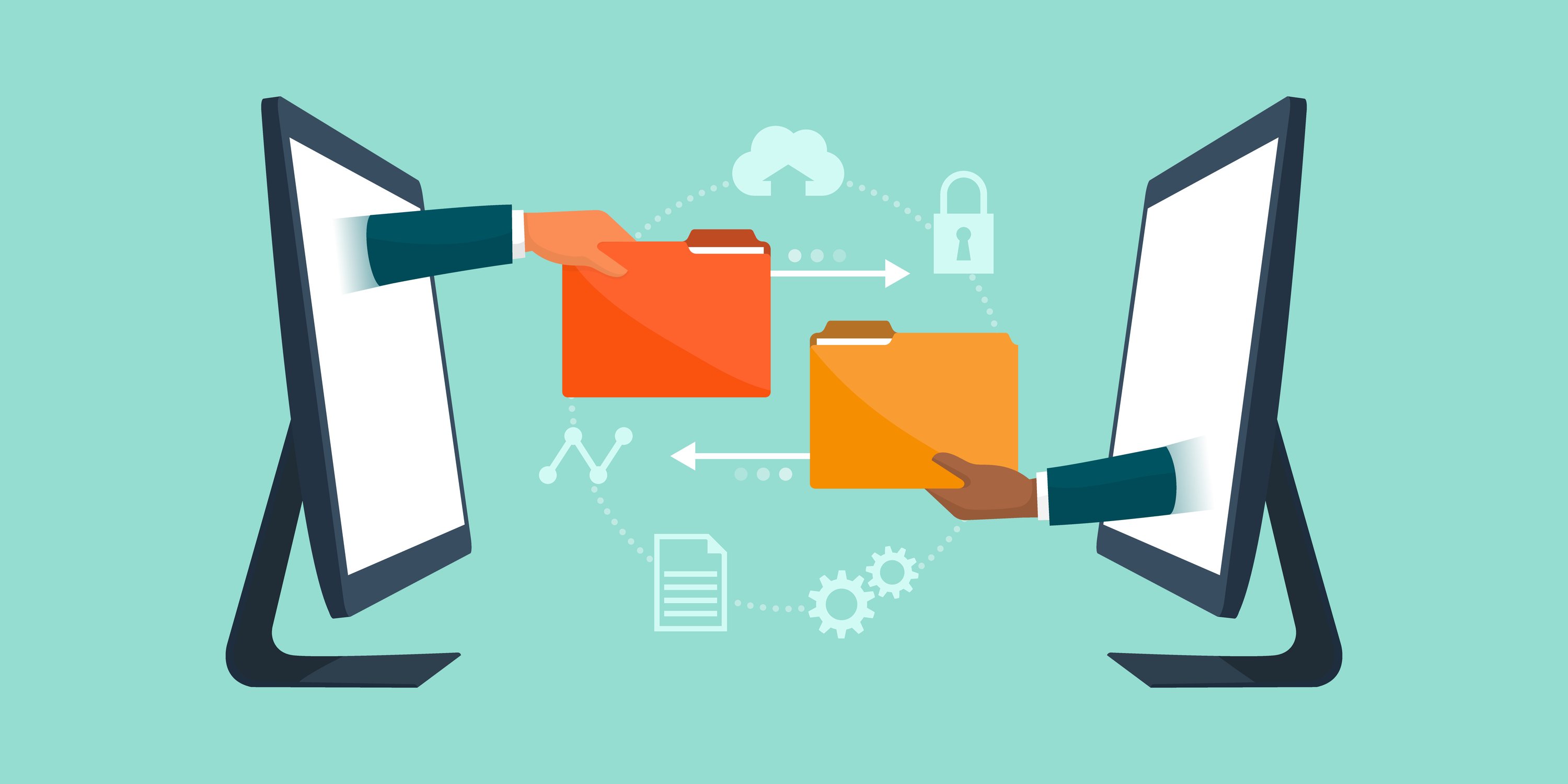In today's data-driven world, governments around the globe are grappling with complex challenges - from climate change and healthcare to urban planning and economic development. To effectively address these issues and deliver value to citizens, public sector organisations must harness the power of information by embracing data sharing.

What is data sharing in the public sector?
Simply put, data sharing refers to the practice of securely exchanging information between different government agencies and departments. This can encompass a wide range of data, including:
- Demographic data: Population statistics, housing information, educational attainment
- Social data: Crime rates, healthcare records, social care needs
- Economic data: Business registrations, employment figures, financial transactions
- Environmental data: Pollution levels, energy consumption, land use
Why is data sharing important?
The benefits of data sharing for the public sector are multifaceted and far-reaching. Here are some key advantages:
1. Enhanced service delivery: By combining data from different sources, agencies can gain a more holistic understanding of citizens' needs and tailor services accordingly. For example, sharing data between healthcare and social care providers can improve care coordination for vulnerable individuals.
2. Improved policymaking: Data-driven insights can inform evidence-based policies that are more effective and targeted. Analysing crime data can help identify high-risk areas and allocate police resources more strategically.
3. Increased efficiency and cost savings: Sharing data eliminates duplication of effort and allows for the optimisation of resources. For example, sharing information about empty government buildings can facilitate their repurposing, reducing costs associated with construction or rentals.
4. Fostering innovation: Open access to public sector data can spur innovation by enabling businesses, researchers, and civil society organisations to develop new solutions to public challenges. This could involve using transportation data to develop smart city applications or leveraging healthcare data to develop new medical treatments.
5. Increased transparency and accountability: Sharing data openly can foster public trust and accountability by making government operations more transparent. Citizens can gain insights into how their tax dollars are being spent and hold public officials accountable for their decisions.
Challenges and considerations
While data sharing holds immense potential, it is not without its challenges. Some key considerations include:
- Privacy concerns: Balancing the benefits of data sharing with the need to protect individual privacy is paramount. Robust data protection frameworks and clear guidelines for data governance are essential.
- Data quality and interoperability: Data must be accurate, consistent, and easily accessible to be shared effectively. Standardisation and data quality assurance measures are crucial.
- Technological infrastructure: Robust and secure data-sharing platforms and infrastructure are needed to manage and facilitate the exchange of information.
- Cultural change: Encouraging a culture of collaboration and data openness within the public sector can be challenging. Building awareness and providing training are essential to overcome resistance.
Best practices for effective data sharing
To maximise the benefits of data sharing, public sector organisations should:
- Develop a clear data sharing strategy: This should outline the objectives, principles, and governance framework for data sharing.
- Identify and prioritise data sets for sharing: Start with low-risk, high-value data sets and gradually expand the scope.
- Implement robust data protection measures: Ensure compliance with relevant data protection regulations and best practices.
- Invest in data governance and quality assurance: Implement processes to ensure data accuracy, consistency, and accessibility.
- Build partnerships and collaborations: Foster collaboration across agencies and with external stakeholders to maximise the value of data.
- Communicate openly and transparently: Inform citizens about how their data is being shared and used, and provide mechanisms for redress.
Conclusion
In conclusion, data sharing is not just an option for the public sector; it is a necessity. By unlocking the power of information through collaborative data practices, governments can deliver better services, improve policymaking, and create a more efficient and responsive public sector. By addressing the challenges and implementing best practices, public sector organisations can harness the immense potential of data sharing to benefit citizens and build a brighter future for all.

Ola Jader



-Apr-25-2024-09-43-35-5584-AM.png?width=80&height=80&name=Untitled%20design%20(77)-Apr-25-2024-09-43-35-5584-AM.png)
